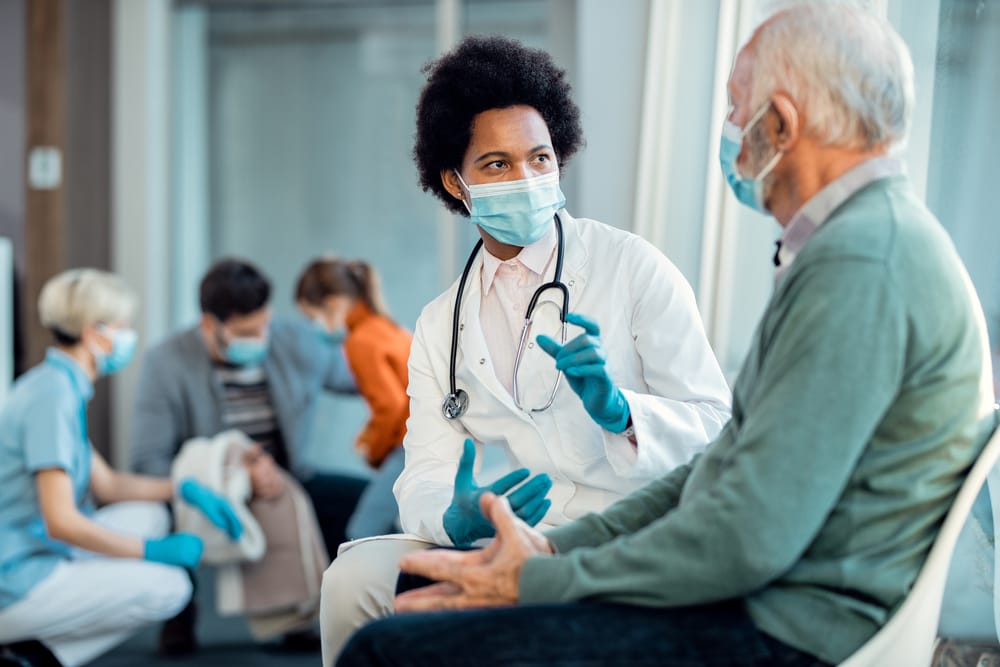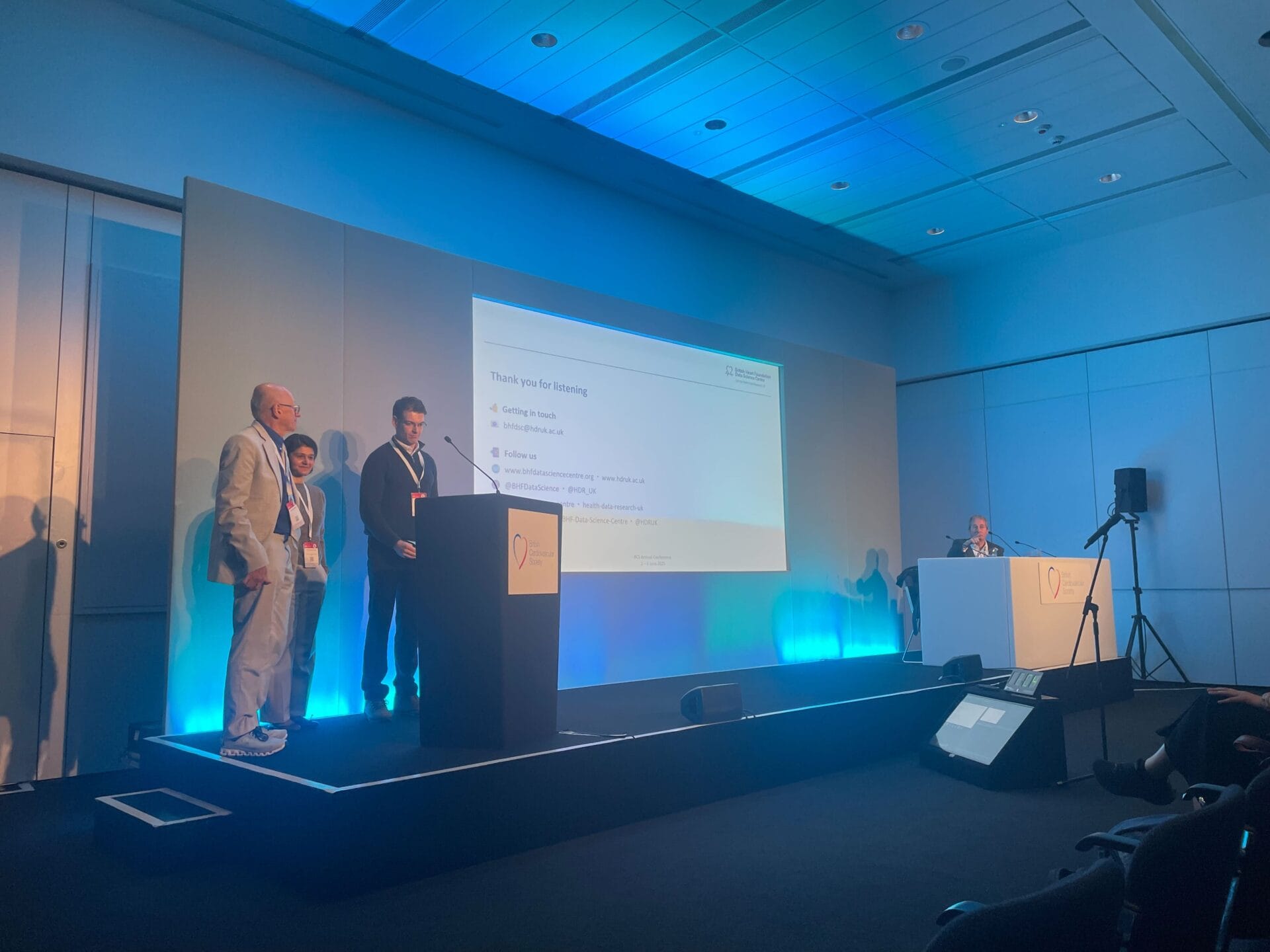Starting out in health data science
My interest in health data science began during a postgraduate diploma studentship at the KEMRI-Wellcome Trust Research Programme, where I used Mendelian randomisation to study causality. Seeing rigorous methods translate into insights with real patient impact sparked my interest to explore more in health research. I went on to do a masters in Biostatistics and carried out a research project on missing data and multilevel modelling of routine health records, and later time-series modelling of hospital data as a Statistician at KEMRI–Wellcome.
During my master’s programme, where my research project was around predictive modelling using machine learning methods, such as random forests, my interest into the application of health data science methods to answer various health research questions grew. Shortly after, I completed a data science professional course and developed more interest in risk prediction modelling, which led me to finding a PhD in this area with applications in health. I wanted the depth to build, critique, and responsibly deploy risk prediction and multistate models at population scale. The BHF Data Science Centre (BHF DSC) and HDR UK were a perfect fit: access to large, linked EHR datasets, world-class mentorship, and a mission tightly aligned to cardiovascular health data science.
The PhD experience supported by the BHF Data Science Centre
My PhD journey was enjoyable: in the first year, I attended various immersion weeks in academia and in industry organised by the HDR UK-Turing Wellcome PhD Programme, where I learned new techniques on analysing health data and had the opportunity to meet researchers and PhD students in health data science. I also developed a PhD research proposal on risk prediction modelling for cardio-metabolic renal conditions in women who have been pregnant, which I defended on a panel of academics and also patient and public panels. This was a super helpful experience which helped in tailoring my research for patient benefit.
In the following years, I worked on my objectives set out in year one with the help and support of my supervisors and colleagues from the University of Birmingham and, so far, have published two of my PhD chapters, while the remaining chapters are under review. I met my supervisors regularly for focused feedback and problem-solving, and worked with clinicians, epidemiologists, data scientists, statisticians, and data engineers from the MuM-PreDiCT consortium and Health Informatics and Multimorbidity team within the University of Birmingham. The generous funding from the BHF DSC and HDR UK enabled me to travel and attend several international conferences, summer and winter schools, both nationally and globally, on various topics relevant to health data science. I also engaged with BHF DSC and HDR UK through various events and activities, where I presented my work, served on recruitment panels, and networked within HDR UK.
Insights and reflections on the PhD journey
Collaboration and sharing research work brings more insights and angles to solving a problem. I have also learned that experience, skills, visibility, and opportunities grow when one engages beyond the immediate project. Being new to the UK, understanding the routine EHRs data generating processes was challenging at the beginning, but I now have a very good understanding of the UK health system, with excellent support from my supervisors and my team over the years. I’m transitioning to King’s College London (KCL) as a Research Fellow in Health Data Science, where I look forward to extending my work on analysis of EHRs and building and evaluating risk prediction tools. I also look forward to continuing collaborating with colleagues at University of Birmingham on various research projects and engaging with BHF DSC and HDR UK activities and events.
I owe a special thank you to my supervisors, Prof. Krish Nirantharakumar, Dr. Francesca Crowe, Dr. Kym Snell, Prof. Richard Riley, Prof. Chris Yau, and Prof. Nicola Adderley, for their mentorship, patience, and encouragement. Their insights, critical feedback, and steady support shaped my research and my development as a health data scientist.
Steven is a Research Fellow in Health Data Science at King’s College London. In his spare time, he enjoys travelling, cycling, swimming, and hiking.


